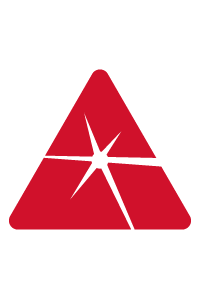Product Code: ICA10_M104
Effect of Process Strategies on Thermal Load during CFRP Manufacturing using Picosecond Laser Pulses
Authors:
Alexander Wolynski, GSaME / IFSW; Stuttgart Germany
Hatim Haloui, Lumera Laser GmbH; Kaiserslautern Germany
Patrick Mucha, IFSW; Stuttgart Germany
Andreas Gleiter, IKT; Stuttgart Germany
Paul French, GERI, Liverpool John Moores University; Liverpool Great Britain
Rudolf Weber, IFSW; Stuttgart Germany
Thomas Graf, IFSW; Stuttgart Germany
Presented at ICALEO 2010
Today, new functional materials like carbon fibre reinforced plastics (CFRPs) are finding their way into mass markets. As CFRPs offer outstanding mechanical properties at extraordinarily low weight, they have become a preferred material for high performance structural elements in airplanes and cars.
At conventional machining the main challenges are the abrasive character of CFRP, leading to strong tool wear, a strong environmental impact caused by noise and dust as well as delamina-tion of the bulk material and damage of the epoxy matrix due to mechanical load.
At CFRP laser processing however, the strong anisotropic thermo-physical properties can lead to a thermal load of temperature sensitive epoxy. Hence, for the fabrication of high quality structures the heat input has to be controlled by implementing customised process strategies.
This paper shows an advanced approach for time-effective manufacturing of high quality cylindrical holes in a 2 mm thick CFRP plate with minimal thermal impact using ultrashort pulses. 3D reconstructions of CT scans with a µm-resolution have been used to investigate potential thermal damage.
In addition, the competitive ability of ultrashort pulsed CFRP laser processing will be demon-strated by means of comparing it to nanosecond processing and cw fibre laser machining with pulse modulation in the long microsecond domain.

$28.00
Members: $28.00
Note: When applicable, multiple quantity discounts are applied once the items are added to your cart.
